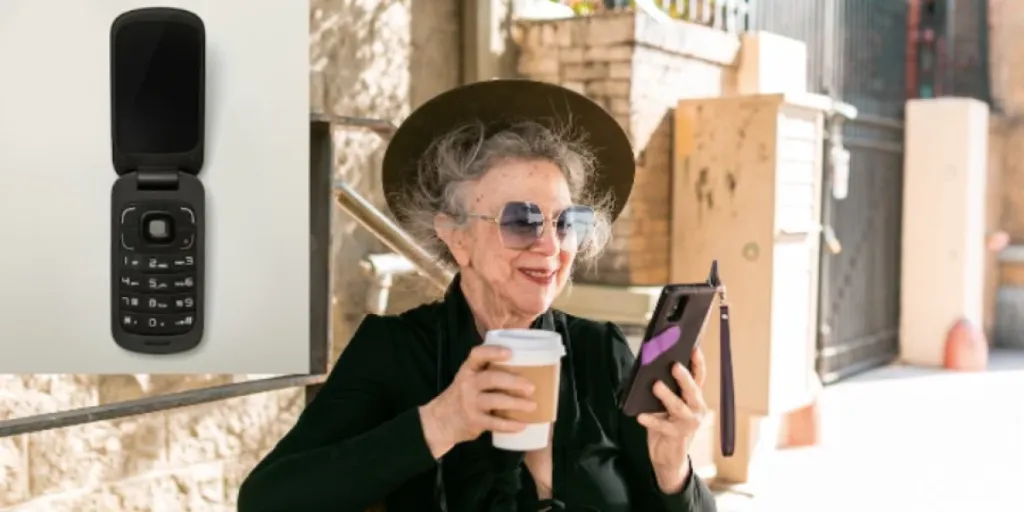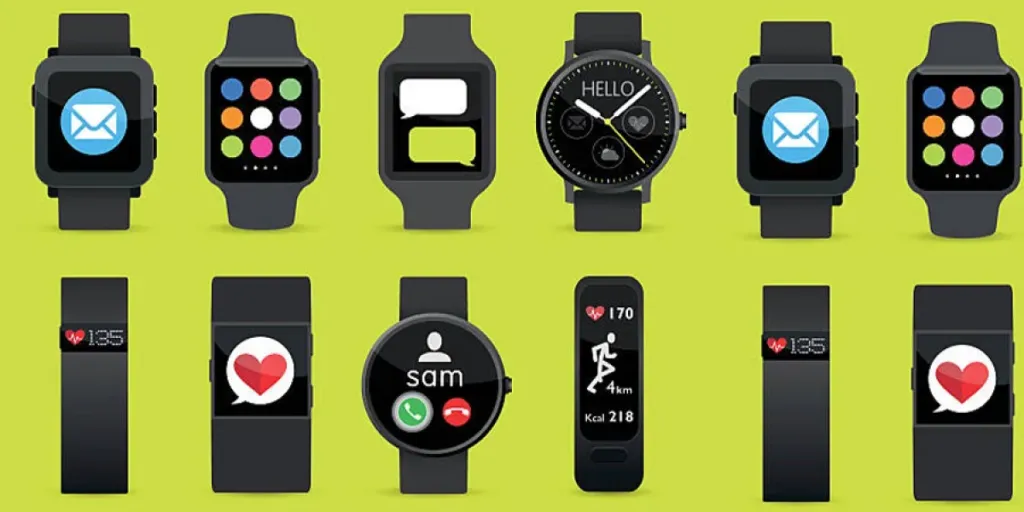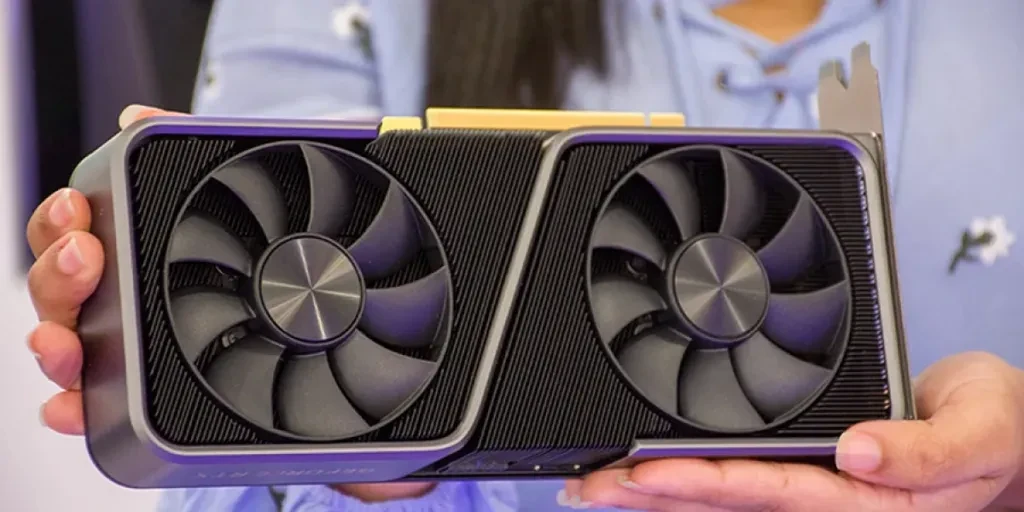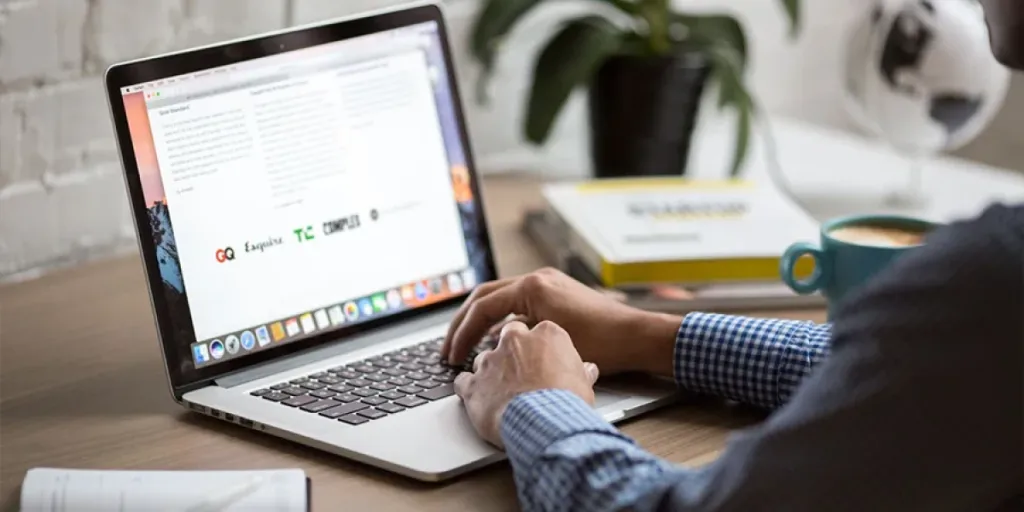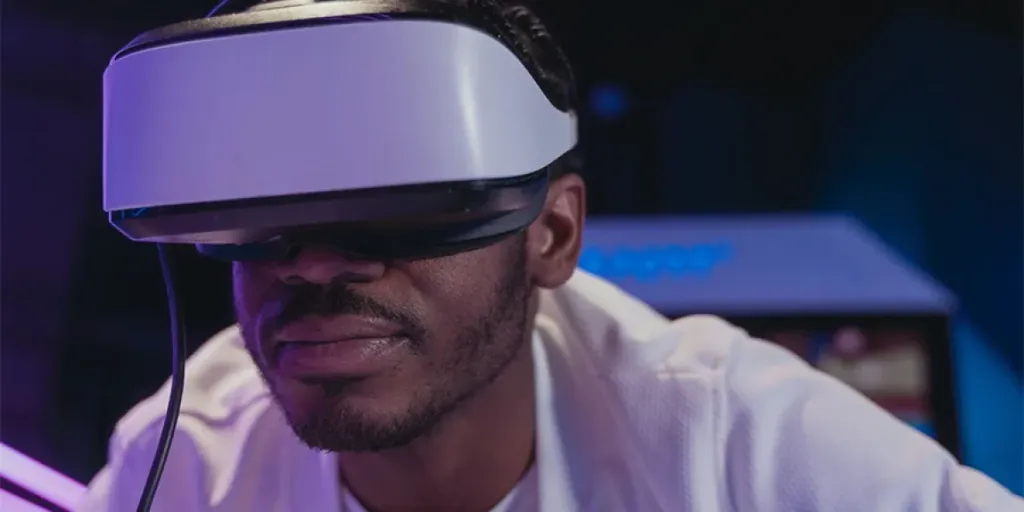Cell phones provide a wide range of services that benefit everyone, including seniors. However, not all seniors are technologically savvy and may require assistance. Fortunately, several senior-friendly smartphones are now available to help seniors remain independent. Continue reading to explore the latest trends in this space.
Table of Contents
Cell phone usage among seniors
How cell phones can benefit seniors
Last thoughts
Cell phone usage among seniors
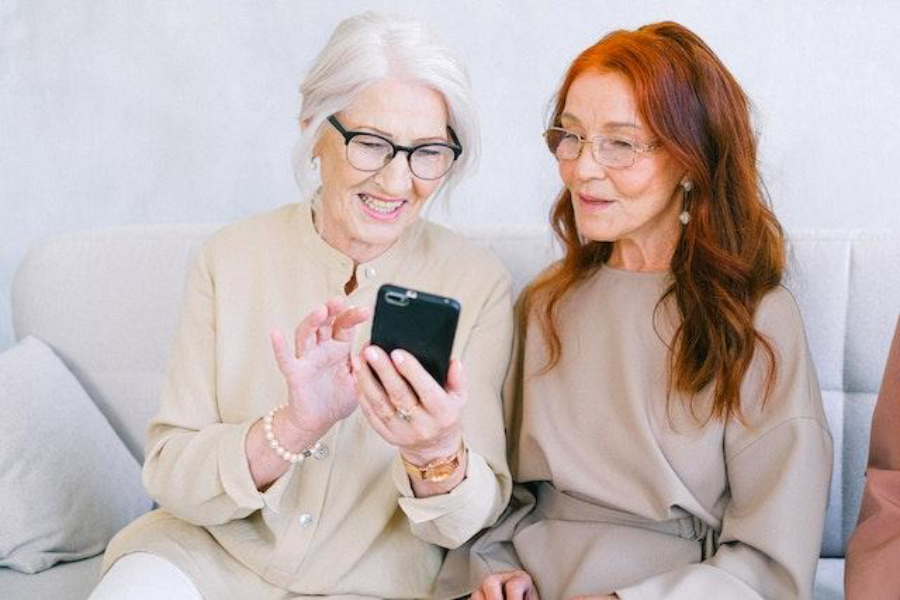
Although seniors have a lower rate of technology adoption than other demographics, some more educated and affluent seniors report owning and using various technologies at the same rate as other adults under the age of 65. However, there is a significant discrepancy in technology usage between older and younger people.
According to a Pew Research study, 85% of U.S. seniors over 65 own a cell phone, 40% of these seniors have a regular phone, and 46% have a smartphone. This demonstrates that many people are embracing digital life, which provides numerous opportunities for the cell phone market.
This article discusses the various types of feature phones, the benefits of cell phones, and the factors to consider when looking for the best solutions for seniors.
Do seniors require a cell phone?
Cell phones have a myriad of features, and it is easy to get lost in the minutiae. The best choice will depend on their needs—whether they want a phone with the latest technology, an easy-to-use phone, or a cell phone with standard technology.
The ideal feature phone for seniors should have a large display, a long battery life, an emergency help button, a sturdy construction, and good speakers. The most common types of cell phones are listed below.
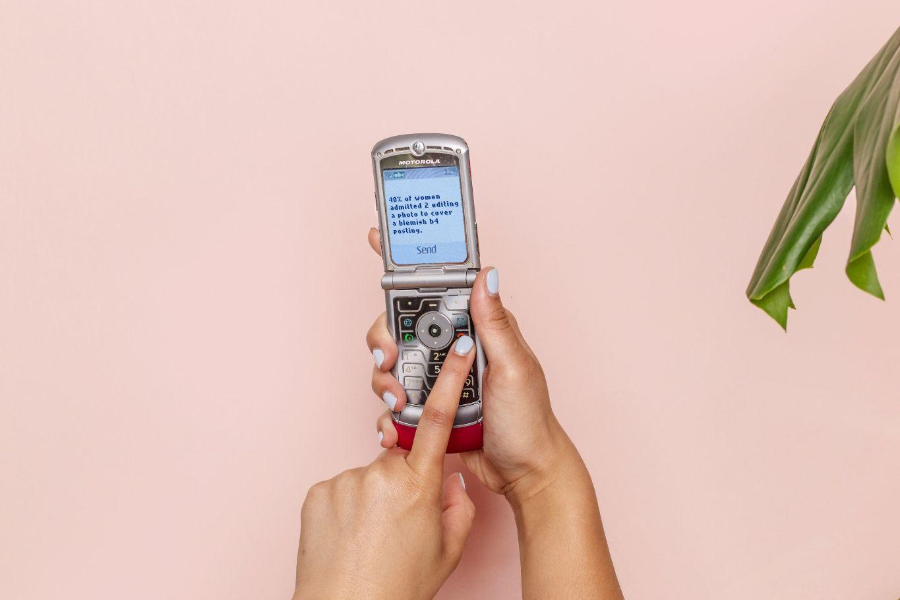
Flip phones: Flip phones open to reveal a screen and a keypad, and they are easy to use. These basic phones are popular among seniors who find it difficult to use complex touchscreen phones like smartphones. They allow essential functions such as calling and texting but not advanced functions such as video chatting.
Feature phones: These have a chunky, rectangular build and do not require flipping, making them ideal for people with dexterity issues. They have a non-touchscreen and a keypad on the front. These block phones, like flip phones, lack advanced features such as video chatting and so on. They serve as a basic phone with calling and texting functionalities.
Smartphones: These phones currently account for the lion’s share of the cell phone market. They are equipped with the latest technology and provide endless entertainment via apps and internet connectivity. Smartphones are ideal for tech-savvy seniors who are comfortable using a touchscreen.
As smartphones are crammed with different widgets, it can be difficult for some users to navigate the home screen. A simple interface is essential as it makes the device easy to use and will take only a couple of seconds to make a phone call or search the internet. The two main types of interfaces are iOS, found in iPhones, and Android.
How cell phones can benefit seniors

Not all seniors are tech wizards, and they may not want the most up-to-date technology or a million apps. On the other hand, smartphones have a lot to offer older adults. Continue reading to learn how cell phones can help seniors with varying technological abilities.
Large display for easy visibility
It is no secret that many older adults have vision problems, and navigating a smaller screen can be difficult. However, smartphones are known for having large displays that make them easier to operate for seniors. Furthermore, these phones allow users to increase the font size and zoom in on pages with their fingers.
Easy communication
Smartphones are helpful for communication, especially for seniors, because they have various features that allow for easy interaction. They can be used to text, call, explore social networks, make video calls, send emails, and so on. Seniors can easily stay connected with their families and friends and get timely updates.
Voice features
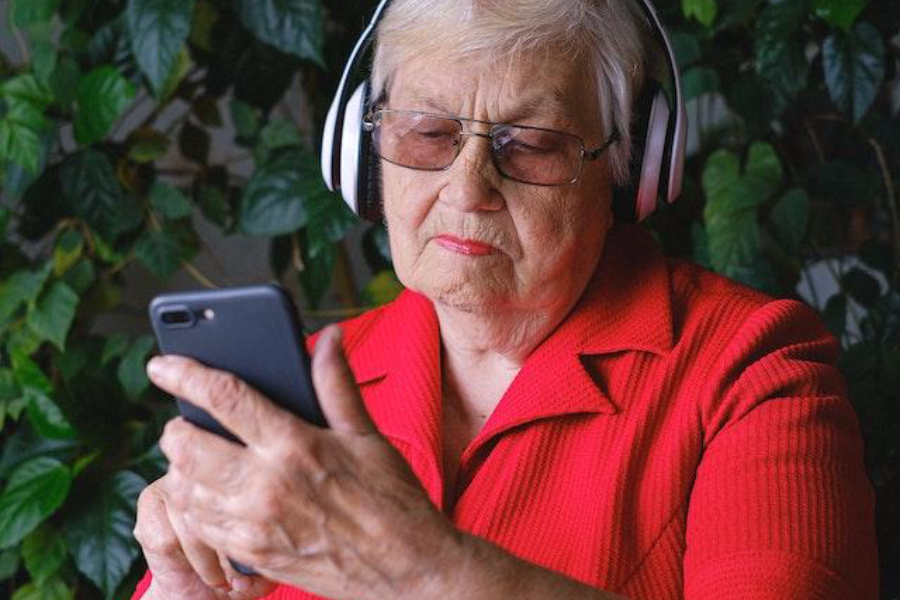
Texting can be difficult for some seniors due to medical conditions such as arthritis. They may also need help using a touchscreen, which is where voice commands and talk-to-text features come in handy. They can also use the dictate option to have their messages typed to voice commands and have their messages read out loud to them.
Electronic payments
E-banking eliminates the need for users to visit banks and wait in long lines to make payments. This technology can benefit seniors because it allows them to do a lot of work from the comfort of their homes. Individuals can use their smartphones to make payments through e-wallets and book reservations with the click of a button.
Navigation
Smartphones will undoubtedly come in handy for seniors who enjoy traveling, thanks to Google Maps, which makes navigation a breeze. Thanks to online maps, seniors can hit the road and travel without worrying about getting in the wrong direction. Booking cabs and hotels online is also convenient, especially for seniors who live independently.
Entertainment
Some seniors may be confined to their homes and unable to go out often. Smartphones provide instant entertainment with the swipe of a finger on the screen. They can spend hours watching movies, reading books, listening to music, playing games, and browsing different apps. Almost all smartphones include entertaining extras that keep the elderly entertained.
Medical emergencies

Many seniors live alone, and some may have health problems that necessitate medical attention. Cell phones enable seniors to get immediate assistance if necessary, and smartphones have an emergency mode that allows users to store medical information that anyone in an emergency can access.
Smartphones can also assist users in managing their medications. Numerous apps available in the market help seniors manage their medications by sending timely reminders. Seniors can also use their phones to contact healthcare providers, make appointments, and inquire about prescriptions.
Safety
Many seniors are concerned about their safety, and smartphones can help them get help when they need it. If seniors find themselves in an unsafe situation, a smartphone can assist them in escaping. For instance, if the power goes out, they can call for assistance right away. Smartphones provide instant access to help, whether in an emergency or for medical aid.
Fitness tracking
Seniors can manage their wellness goals using their phones as fitness trackers. They can note their daily steps, caloric intake, and sleeping patterns. Numerous apps inform users of their changing day-to-day patterns, and some even send daily reminders for walks to help users stay on track.
What is the most user-friendly phone for seniors?
As previously discussed, a feature phone is the easiest to use as it has simple software and long battery life, but it has limited features. Flip phones are the next step up because they operate similarly but have more modern features. Smartphones are the most difficult to use, but the settings can be changed to make them more user-friendly.
Thus, feature phones are an excellent choice for seniors unfamiliar with technology, as they simplify basic tasks like calling and texting. In contrast, a standard smartphone is better for seniors who want advanced features.
Last thoughts
Even for the elderly, living without technology in today’s world is virtually impossible. Cell phones are excellent for seniors because they provide numerous safety and health benefits. This article discussed the various types of phones for seniors while skimming over the major benefits of smartphones. To check out the latest senior-friendly phones, visit Alibaba.com.
